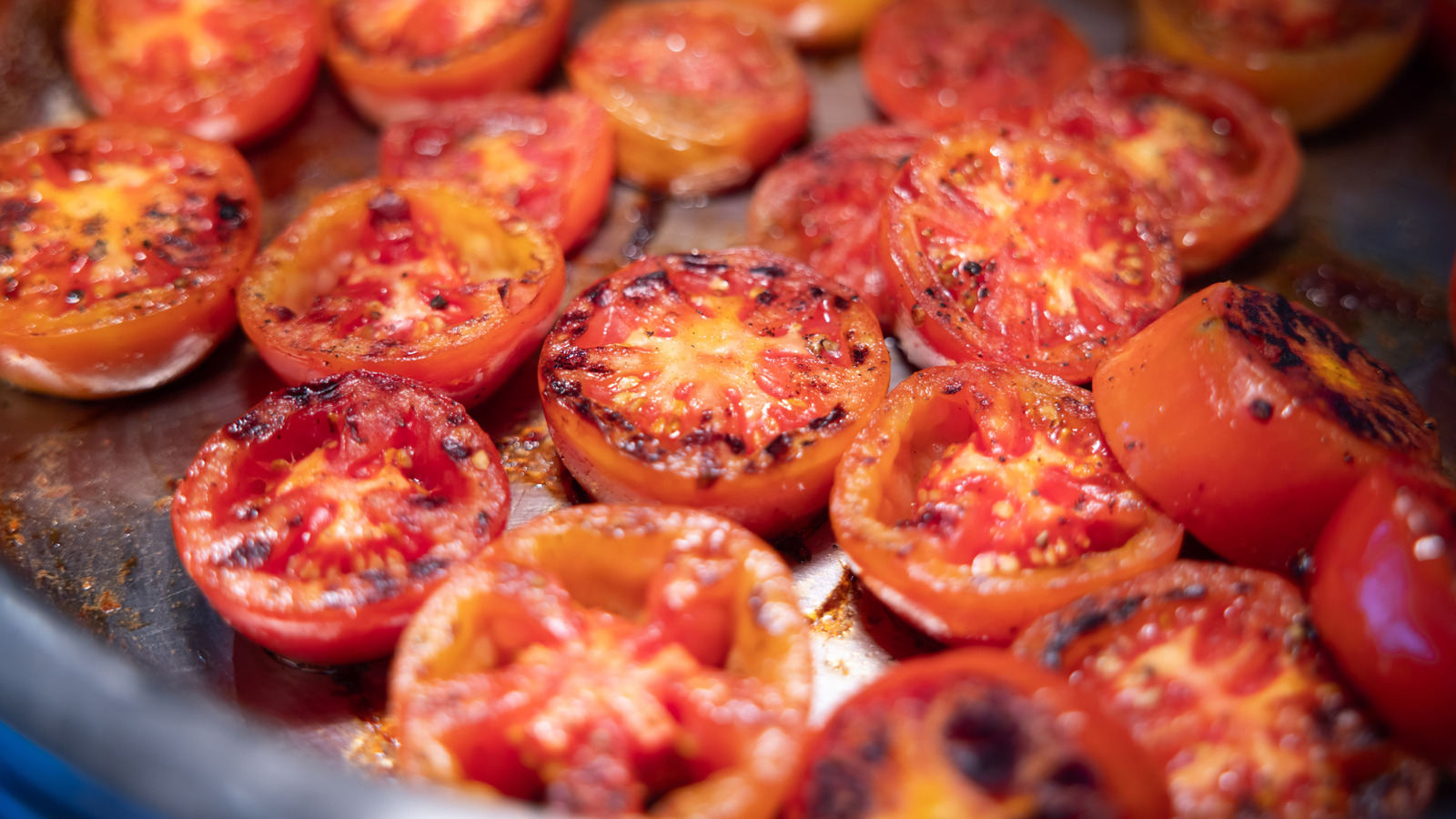
"Well, it depends, but generally speaking, this is not a myth. It's true that acidic ingredients can cause iron to leach into the food. In a study published in the Journal of Food Science, researchers found that when they cooked corn porridge, its acidity was boosted with a touch of organic acids, and the iron content of the meal skyrocketed from 1.7 milligrams to 26.8 milligrams."
"The oil is essentially "baked" into the metal, forming a non-reactive layer on top of the bare material. This layer will keep the tomato juice from making direct contact with the metal surface and reacting with it. However, the seasoning isn't invincible. The entire time that the tomatoes are sitting and stewing on your glistening, well-seasoned cast iron, it's wearing it down bit by bit."
Acidic ingredients can cause iron to leach from cast-iron cookware into food, dramatically increasing measured iron content in some tests. A study showed corn porridge spiked from 1.7 mg to 26.8 mg of iron when acidity increased. The leached iron is not necessarily harmful and can boost dietary iron, but it can impart a metallic taste. Extended simmering—around 30 minutes—may be required for the taste to become noticeable. Seasoning creates a baked oil layer that reduces direct contact, but that layer gradually degrades during prolonged stewing and does not fully prevent leaching.
Read at Tasting Table
Unable to calculate read time
Collection
[
|
...
]